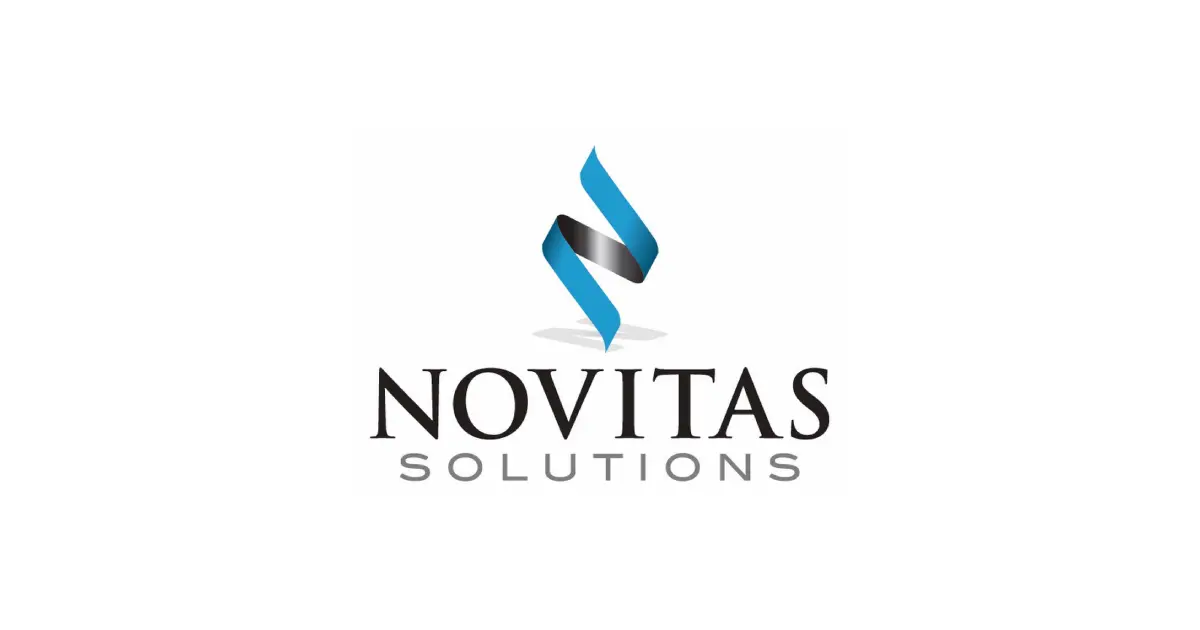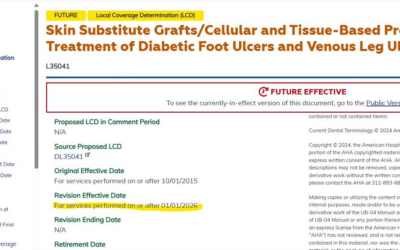Novitas* released a list of the top 10 reasons for claims denials. Reason #7 for claim denials is especially relevant to hospital-based outpatient wound centers (HOPDs):
#7: Evaluation and management (E/M) services related to the surgery and conducted during the post-op period are considered not separately payable.
Surgical dehiscence is the most common and most expensive type of wound in the USA – at least among Medicare beneficiaries. Sometimes surgical patients are either seen by the operating surgeon for post-op care in the HOPD or referred to the HOPD for complications during the global surgical period. HOPDs need to be careful about this because unless very specific guidelines are followed, HOPD services during the global period may not be payable. I am not a professional coder or reimbursement expert, so I refer you to the many articles written by Kathleen Schaum about this and other reimbursement issues in Today’s Wound Clinic (catalogue of articles here:
- Reimbursement Library From A to Z
- The Global Surgical Package & Separate Physician Payment for Follow-Up Care
Here’s an excerpt from the Global Surgery Fact Sheet** about the services that are included in the global payment for surgery:
- All additional medical or surgical services the surgeon provides during the post-operative period because the complications don’t require additional trips to the operating room.
- Follow-up post-operative recovery period visits.
- Miscellaneous services, like dressing changes, local incision care, operative pack removal, cutaneous sutures and staples removal, lines, wires, tubes, drains, casts, and splints; insertion, irrigation, and urinary catheter removal, routine peripheral intravenous lines, nasogastric and rectal tubes; and tracheostomy tube changes and removals.
I understand that surgeons who sometimes work in the HOPD may find it convenient to see post op follow up patients in the HOPD during the global period. However, the hospital will charge a facility fee for those services, and that facility fee must be linked to a physician service for that day (since it’s a provider-based setting). This scenario might result in a denial of claims if the patient is still in a global period. It is possible for a surgeon to refer a patient with a surgical dehiscence to the HOPD during the global period if specific rules are followed. You should read about how that can be done correctly in Kathy’s articles.
*Novitas is the Medicare Administrative Contractor (MAC) for jurisdiction L (JL), which spans Delaware, District of Columbia, Maryland, New Jersey, and Pennsylvania as well as Arlington and Fairfax counties in Virginia, and the cities of Alexandria, Fairfax, and Falls Church in Virginia for Part B services only, and for jurisdiction H (JH), which spans Arkansas, Colorado, Louisiana, Mississippi, New Mexico, Oklahoma, Texas, and includes Indian Health Service (IHS), and for Veterans Affairs (VA) nationally.
References:





